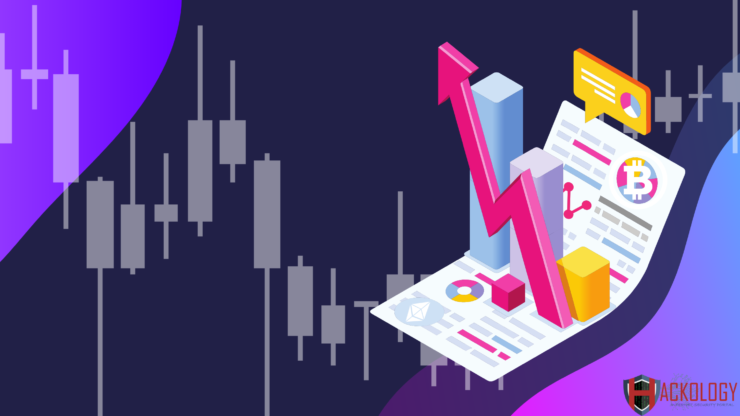Market making in crypto is a critical function that ensures the smooth operation and liquidity of cryptocurrency markets. By providing liquidity, market makers enable traders to buy and sell assets with ease, ensuring that the markets remain stable and efficient. This article will explain the role of market makers in the cryptocurrency space, their importance to exchanges, and the different types of entities that engage in market-making activities.
Who are the Market Makers in Crypto?
Market makers in crypto are entities or individuals who continuously buy and sell cryptocurrencies to provide liquidity to the market. They play a key role in connecting buyers and sellers, thus reducing the bid-ask spread and enhancing market efficiency. Market makers use sophisticated algorithms and trading strategies to ensure that they can offer buy and sell quotes for a particular asset, ensuring that trades can be executed promptly.
For example, consider a market maker operating on a cryptocurrency exchange like this one: https://whitebit.com/market-making-program. This market maker employs advanced algorithms to monitor the order book and constantly places buy and sell orders for Bitcoin. If the current price of BTC is $65,000, and a trader wants to buy 1 BTC at $65,000, but the current lowest sell order is $65,100, the market maker might step in and sell the BTC to the trader at $65,000. Simultaneously, the market maker may place a buy order for BTC at $64,900. This process not only satisfies the buyer’s immediate need but also ensures that the market remains liquid.
Moreover, if another trader wishes to sell 1 BTC at $65,000 while the highest buy order is $64,900, the market maker might buy the BTC at $65,000 and place a new sell order at $65,100. By doing so, the market maker earns a profit from the spread between the buy and sell prices.
This continuous activity helps keep the bid-ask spread narrow, making it easier for traders to enter and exit positions without significant price slippage. This example illustrates how market makers provide liquidity and contribute to a more efficient and stable trading environment on crypto exchanges.
Importance of Crypto Market Making to Crypto Exchanges
Obviously, cryptocurrency exchanges rely heavily on market makers to maintain liquidity. Without sufficient liquidity, traders would face significant challenges in executing their trades quickly and at favorable prices. Market making in crypto helps stabilize prices and reduces volatility by ensuring that there is always a counterparty available for every trade. This stability attracts more traders to the platform, increasing trading volume and enhancing the overall market experience. In addition, liquid markets are essential for price discovery, allowing market participants to ascertain the fair value of a cryptocurrency.
Types of Crypto Market Makers
Several types of entities engage in crypto market-making, each bringing unique capabilities and strategies to the market:
- Broker-dealers are firms that trade on behalf of their clients and for their own accounts. In the context of crypto market making, they provide liquidity by executing buy and sell orders on behalf of their clients, as well as maintaining their own inventory of crypto assets. Broker-dealers play a crucial role in ensuring there is enough liquidity in the market to meet the demands of their clients.
- High-frequency trading (HFT) firms use advanced algorithms and high-speed trading systems to execute a large number of trades in a fraction of a second. These firms are highly active in the cryptocurrency market making space, taking advantage of their technological edge to provide liquidity and profit from small price discrepancies. Their activities help narrow the bid-ask spread and enhance market efficiency.
- Some banks and foreign-exchange firms have entered the crypto market-making arena. These institutions bring significant financial resources and expertise in traditional financial markets to the crypto space. They provide liquidity by leveraging their vast networks and capital, facilitating larger trades, and contributing to the market’s stability.
Other market participants, including proprietary trading firms and individual traders, also engage in market making. Proprietary trading firms use their capital to trade for profit, employing advanced algorithms and high-frequency trading strategies to capitalize on market inefficiencies. These firms often have significant financial resources and access to cutting-edge technology, allowing them to execute large volumes of trades at lightning speeds. Their participation not only enhances market liquidity but also contributes to tighter bid-ask spreads and more stable pricing.
Individual traders, on the other hand, may not have the same level of resources as proprietary trading firms, but they still play a crucial role in market making. These traders often use a variety of strategies, such as arbitrage, scalping, and statistical analysis, to provide liquidity and earn returns.
A market maker in crypto is an essential participant in the cryptocurrency ecosystem, providing the necessary liquidity to ensure efficient and stable markets.













